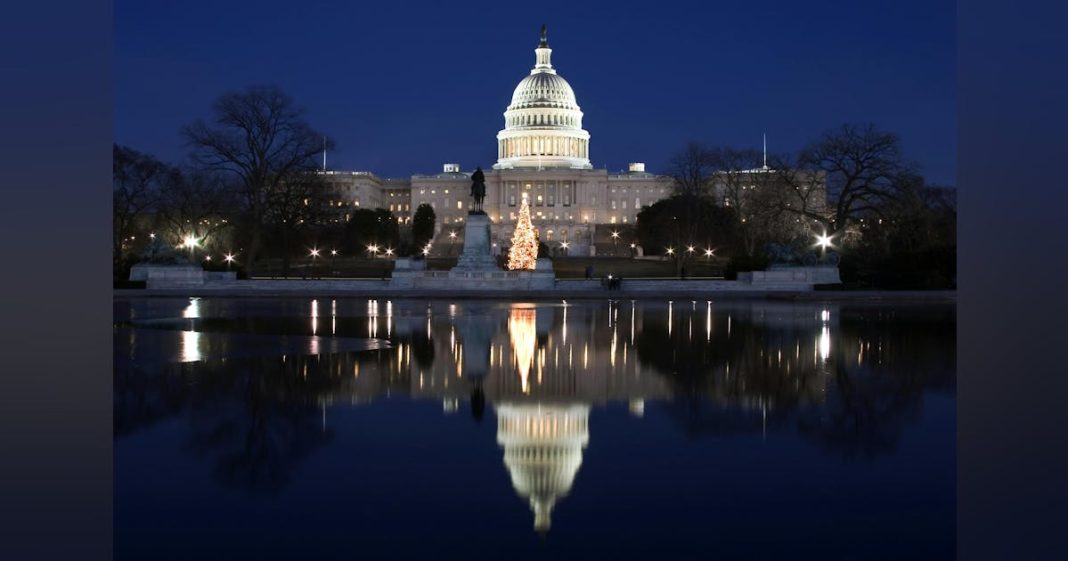Even as members of Congress prepare for their holiday recess, policy issues are continuing to be hashed out, with the hours left to legislators running out; among the issues being resolved at this late moment are questions around the extension of telehealth flexibilities, alternative payment model reimbursement levels, and managed care prior authorization regulations.
As has become a routine element of Congressional operations, the U.S. federal government is being funded through Continuing Resolution (CR) appropriations rather than longer-term budgeting. On Thursday evening, December 17, leaders of associations representing medical groups issued statements about what was in the CR at the moment. And, it is important to note, last-second changes to the draft CR produced in the House of Representatives on Thursday afternoon are still possible.
“The health provisions in the proposed CR represent a mixed bag for medical groups,” said Anders Gilberg, senior vice president, government affairs, at the Englewood, Colo.-based Medical Group Management Association (MGMA), on Thursday evening. “On one hand, MGMA is pleased that Congress heeded our call to extend telehealth flexibilities through the end of 2026, increase APM incentive payments to 3.53%, and extend the 1.0 Medicare work GPCI floor. These are big wins for medical groups. On the other hand, we are deeply disappointed that Congress failed to fully remedy the looming 2025 Medicare payment cut to physician practices. Any cut, however fractional, is unacceptable. Finally, not including legislation to reform prior authorization, which has the support of a bipartisan majority of the House and Senate, nearly 500 endorsing stakeholder organizations, a CBO score of zero, and little to no opposition, represents a huge congressional end-of-year failure and another win for big insurance to the detriment of America’s patients.”
Meanwhile, Aisha Pittman, senior vice president of government affairs at NAACOS, the Washington, D.C.-based National Association of ACOs, which represents the interests of provider organizations involved in accountable care organizations said on Thursday night that “The National Association of ACOs (NAACOS) commends Congress for including an extension of the Advanced Alternative Payment Model (APM) incentive at 3.53 percent in the Further Continuing Appropriations and Disaster Relief Supplemental Appropriations Act, 2025. This critical incentive empowers clinicians to drive innovation in health care while improving patient outcomes and reducing costs. We also appreciate reducing the cuts to physician payment by 2.5 percent, a step toward ensuring clinicians are adequately compensated and motivated to embrace value-based care.”
Further, Pittman said, “Value-based care is transforming health care delivery by prioritizing prevention, enhancing care coordination, and expanding access to services beyond those traditionally covered by Medicare—all of which contribute to keeping patients healthy and more efficient systems. It is critical to create pathways for all clinicians to participate in APMs that liberate providers from the limitations of the fee-for-service model and focus on value over volume. NAACOS looks forward to working with Congress to craft a sustainable, long-term approach to physician payment reform that supports the transition to high-value, patient-centered care,” she added.
This is a developing news story; we will publish updates as new developments warrant.







